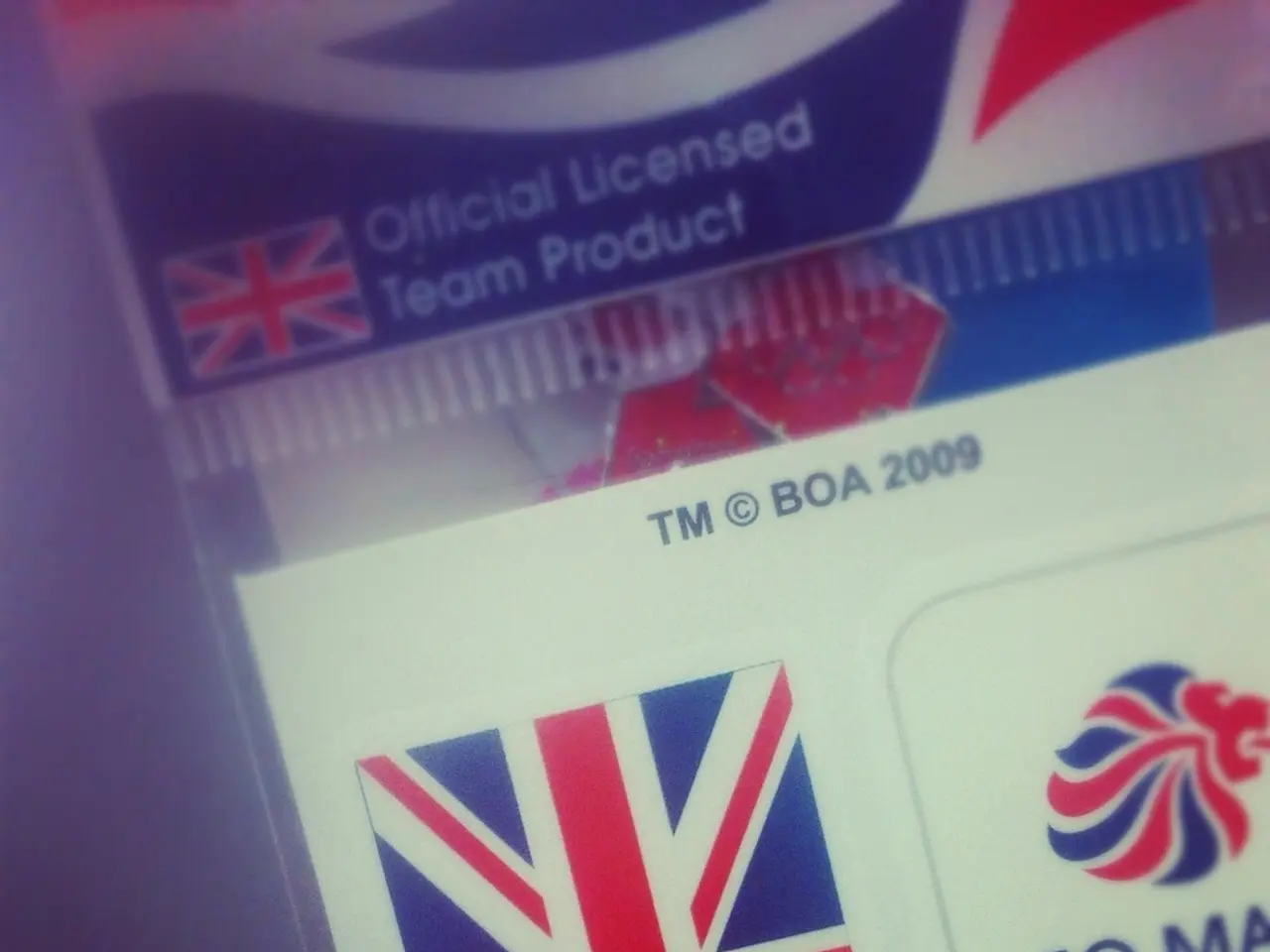Foreign-based LLCs now subject to IRS reporting obligations
In the world of business, a foreign individual forming a Limited Liability Company (LLC) in the United States now faces updated reporting requirements from the Internal Revenue Service (IRS). Here's what you need to know.
First and foremost, foreign individuals must obtain an Employer Identification Number (EIN) for their single-member LLC, regardless of whether they have employees or file tax returns. This number is crucial for various business purposes.
For foreign-owned single-member LLCs treated as disregarded entities for U.S. tax purposes, the reporting process becomes more complex. These entities must file IRS Form 5472 to report certain transactions with their foreign owner or related parties. While Form 1120 is used as a shell to attach Form 5472, it requires minimal entries such as the LLC name, address, and EIN.
Accurate financial records are essential for LLCs to support the information reported on Form 5472 and to document all reportable transactions with related parties. Failure to maintain proper records can result in significant penalties.
Depending on whether the LLC has effectively connected income (ECI) or U.S. sourced income, the foreign owner may also have to file a Form 1040NR (Nonresident Alien Income Tax Return) and obtain an Individual Taxpayer Identification Number (ITIN).
The deadlines for filing these forms are generally due by April 15 for calendar year LLCs, with extensions available by filing Form 7004. It's important to note that failure to file or maintain proper records can result in penalties, including a $10,000 penalty for late or incomplete/inaccurate Form 5472 submissions.
Multi-member foreign-owned LLCs taxed as partnerships must file Form 1065 instead, also disclosing foreign ownership.
It's worth noting that EINs are not just for employers; they are used for various business purposes. Additionally, LLCs, regardless of ownership, are subject to both federal and state taxation levels in the United States.
The new regulations treat each foreign-owned disregarded LLC as a separate corporation for reporting purposes. A "Disregarded Entity" is an entity that exists for legal purposes but not for income tax purposes. The Federal Employer Identification Number (EIN or FEIN) is a unique nine-digit federal tax identification number assigned by the IRS to business entities in the United States.
This discussion pertains to LLCs formed by physical individuals, not companies. The article does not discuss the taxation of Delaware LLCs owned by companies. Both new and existing LLCs must obtain an EIN.
The new IRS reporting requirements, effective from January 1, 2017, apply to LLCs formed in the U.S. by foreign persons. As defined by the IRS, "Reportable Transactions" include any exchange of money or property, performance of services, formation, dissolution, acquisition, and disposition of the entity.
At the federal level, LLCs are considered "transparent entities" for tax purposes. The penalty for failure to file Form 5472 on a timely basis is $10,000. EINs do not expire. Delaware LLCs, like other formations in the USA, are subject to both federal and state taxation.
In summary, a foreign person forming a U.S. LLC must get an EIN, file Form 5472 along with Form 1120 if it's a single-member disregarded entity, keep compliant financial records, and understand additional filing obligations related to income types and ownership structure under current IRS regulations aimed at preventing tax evasion.
- For foreign individuals forming a Limited Liability Company (LLC) in the United States, accurate financial records are essential, as they are required to support the information reported on Form 5472 and to document all reportable transactions with related parties, helping to prevent significant penalties.
- Depending on the income types and ownership structure of foreign-owned LLCs, the foreign owner may also have to file Form 1040NR (Nonresident Alien Income Tax Return) and obtain an Individual Taxpayer Identification Number (ITIN), emphasizing the importance of understanding and adhering to the new IRS reporting requirements.




